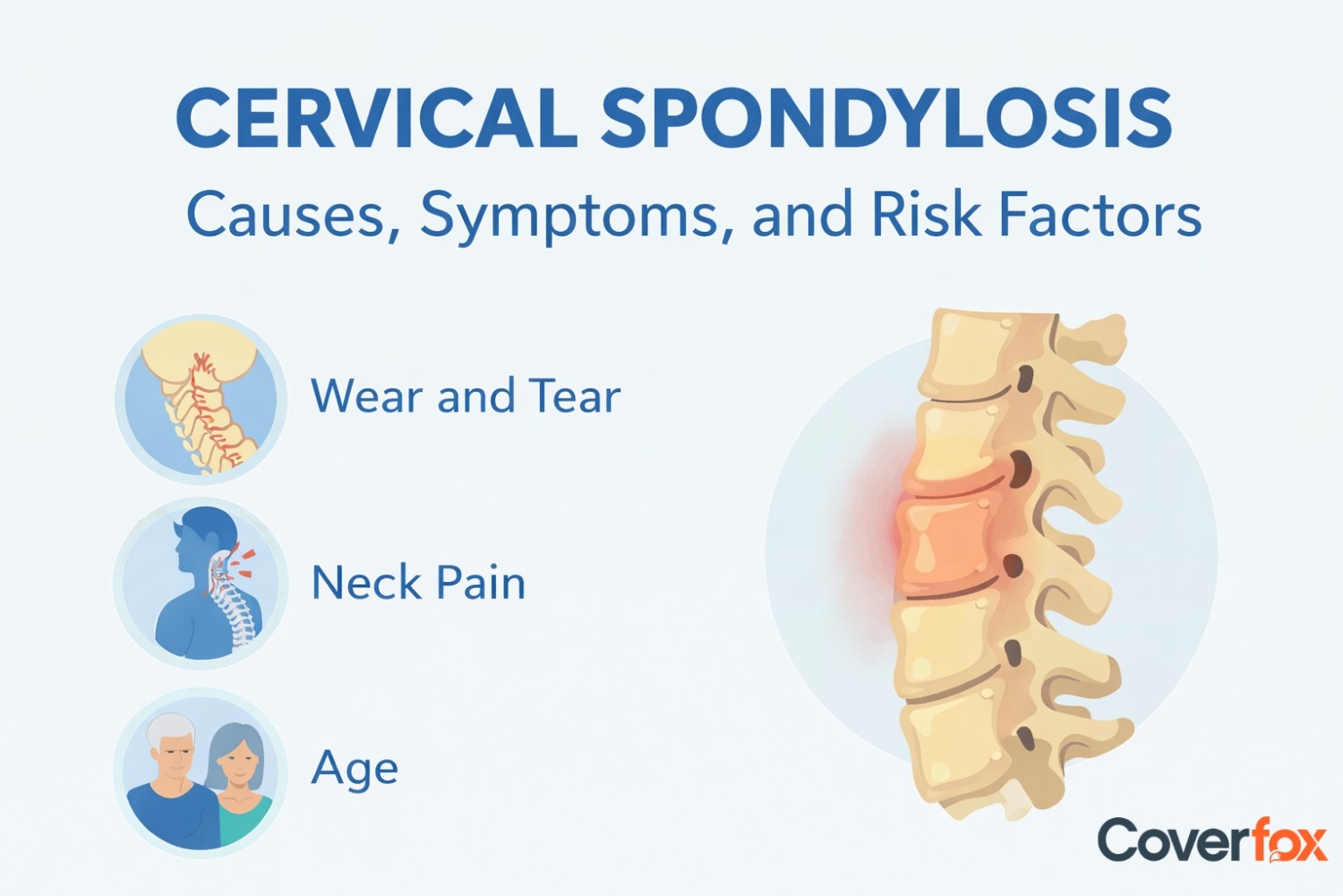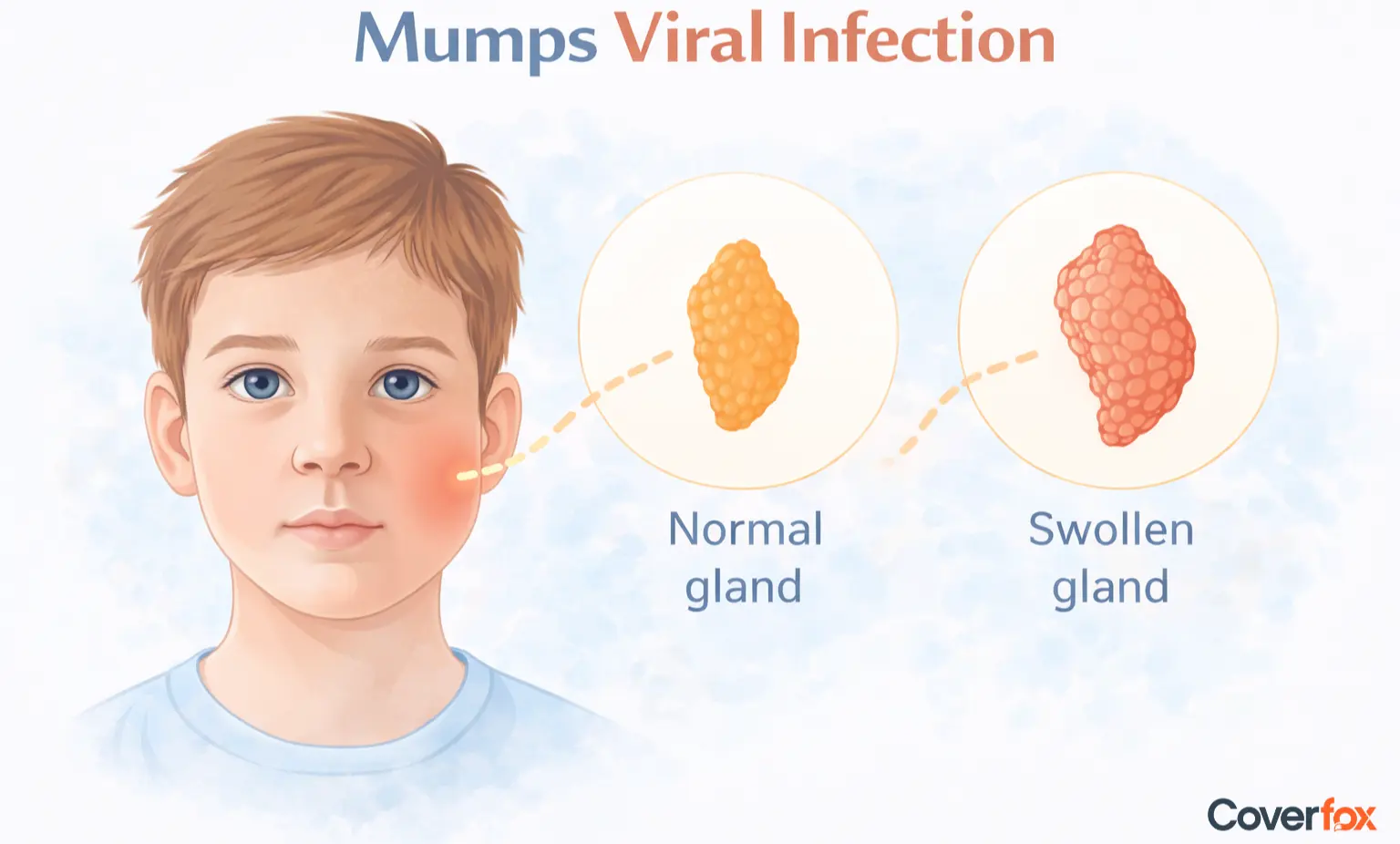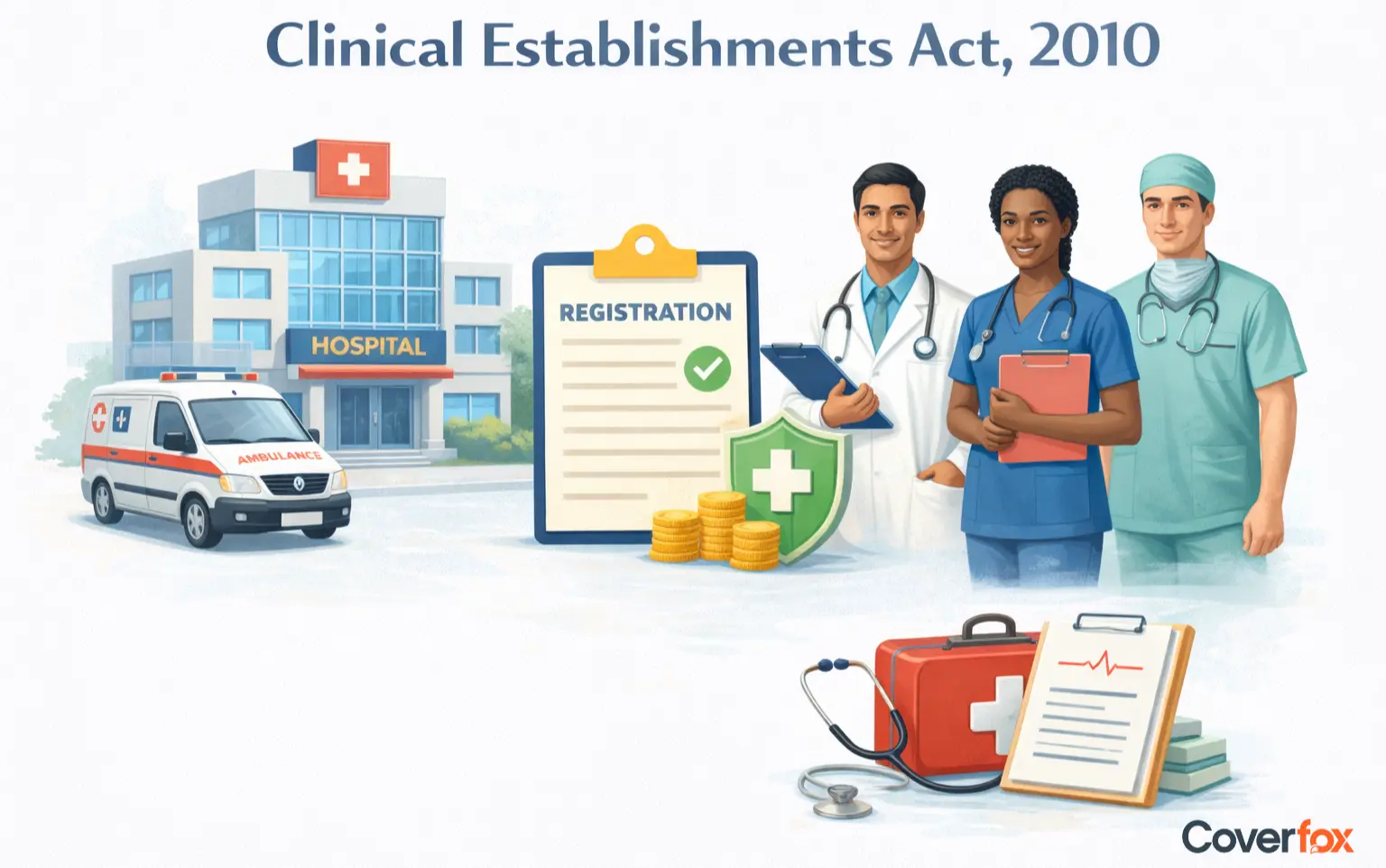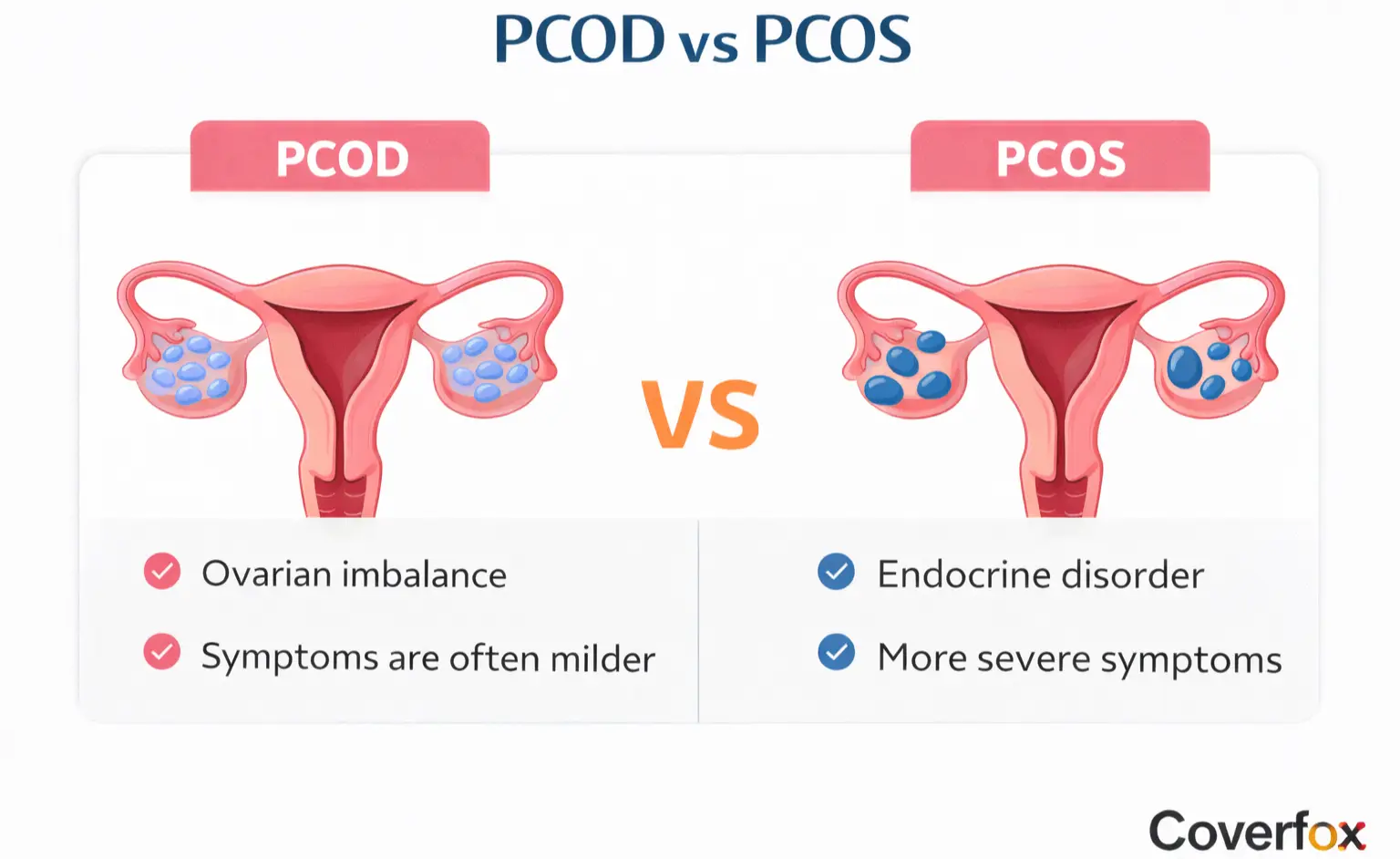The immune system is the defence mechanism of your body. It protects you against any invaders (Microorganisms or Germs) that are harmful to your body. But, sometimes this defence system fails to work and eventually you fall sick. Why does that happen? It's due to a weakened immune system. How to boost your immunity? Does taking supplements or herbal medications help boost your immune system? To find out the answer, stick till the end.

The immune system is the defence mechanism of your body. It protects you against any invaders (Microorganisms or Germs) that are harmful to your body. But, sometimes this defence system fails to work and eventually you fall sick. Why does that happen? It's due to a weakened immune system. How to boost your immunity? Does taking supplements or herbal medications help boost your immune system? To find out the answer, stick till the end.
What is the Immune System and How Does It Work?
The entire defence system of your body relies on the immune system. It fights off pathogens, viruses, bacteria, germs and any type of invaders that pose a threat to the well being of the human body. It is made up of a complex network of cells, tissues, and organs that work together to keep you healthy. It functions in 2 ways:
1. Innate Ability
This is the body’s first line of defence. It fights off any unfamiliar invader through skin, mucous membranes, and white blood cells that attack it.
2. Adaptive Ability
The adaptive ability of the immune system is more advanced. It “remembers” the attacker, making it easy and fast for next time to identify and neutralise the incoming threat.
Signs of Improper Immune System:
It is important to have a balanced immune system. An inactive/underactive immune system can leave the body vulnerable to numerous diseases. An overactive immunity can cause the body to attack its own cells. Either way is not fruitful. Some of the signs of improper immune system are:
Frequent infections (cold, flu, UTIs, etc.)
Slow wound healing
Fatigue or low energy
Digestive issues
Persistent inflammation or swollen lymph nodes
Proven Ways to Boost Your Immune System Naturally
The immune system is a vital component in maintaining the well being of your health. Therefore, maintaining a healthy immune system will keep your body safe and sound. Boosting your immunity is a necessary task and can be done easily with some basic steps. Here are some natural ways that you can practice to have a healthy immune system and boost your immunity:
Get Vaccinated
Getting vaccinated helps the immune system fight that specific disease easily. Vaccines use the adaptive ability of the immune system to work. Vaccines help fight against bacteria and viruses like Covid-19, Polio, Chicken-pox, etc. Vaccines strengthen your immune system.
Eat a Balanced, Nutrient-Rich Diet
The first thing that comes to mind to remain healthy is to maintain a balanced, nutrient-rich diet. Whole foods like fruits, vegetables, nuts, and lean proteins provide essential nutrients such as Vitamin C, Vitamin D, zinc, and antioxidants, which are critical for immune health. Avoid junk and processed food, maintain a proper healthy diet to boost your immunity.
Regular Exercise
Regular exercise helps improve blood circulation. This helps the immune cells reach areas faster and improves the healing process. Activities like walking, yoga, or cycling also reduce inflammation and enhance immune health. According to recent studies of 2019, and 2018, regular exercise lowers the risk of respiratory disease and upper respiratory tract infections.
Stay Hydrated
Drinking water keeps you hydrated. It also helps immune cells travel smoothly in the body and flush out toxins. It is recommended to have at least 8-9 glasses of water everyday (approx 2-3 litres). You can stay hydrated from other sources too, like soups, herbal teas, and water-rich fruits such as cucumbers and oranges.
Prioritise Quality Sleep
Sleep allows your body to repair itself and boosts the production of infection-fighting cells. Sleep is like the reset button your body requires after a long day. Ideally, an average adult requires 7-9 hours of quality sleep, whereas infants require even more hours of sleep for proper growth of the immune system.
Manage Stress Effectively
Stress suppresses the immune system, not only that, but it also affects your sleep, diet, activeness, and other health habits. Stress releases cortisol, a hormone that reduces inflammation at first, but as the body gets used to it, inflammation increases. Sadly, stress has become one of the major illnesses in today’s world. Reduce stress levels by doing some fun or mindful activities, talk to loved ones, talk to a healthcare professional, get therapy, regularly exercise, etc.
Should You Take Immunity-Boosting Supplements?
Immunity-boosting supplements, such as vitamin C, vitamin D, zinc, and probiotics, are designed to support your immune system when your diet or lifestyle falls short. Sometimes, due to dietary restrictions, limited outdoor exposure, recovering from a disease leads to vitamin and nutrient deficiencies. In such cases, immunity-boosting supplements may be required. However, they are not a permanent substitute. Maintaining healthy lifestyle habits is the correct way, taking supplements is just a temporary solution. Always consult your doctor before starting any supplements to ensure they’re safe and necessary for your specific needs.
Immunity Myths vs Facts
There are many myths about immunity, especially when it comes to supplements, “super-food” and quick-fixes. Let’s clear few common myths with actual facts:
| Myths | Facts |
|---|---|
| Taking high doses of vitamin C can prevent colds. | Vitamin C may slightly reduce the duration of a cold, but it doesn't prevent it. Excess amounts are flushed out of the body. |
| Natural supplements are always safe. | Natural doesn’t always mean safe — some supplements can interact with medications or cause side effects. |
| One immunity shot or drink can instantly boost your immune system. | No single food or drink can instantly enhance immunity; long-term healthy habits are what matter. |
| You don’t need vaccines if you take supplements. | Vaccines provide targeted protection against specific diseases — supplements cannot replace them. |
| More supplements = stronger immunity. | Overdosing on certain nutrients (like zinc or vitamin A) can actually weaken immunity or cause toxicity. |
Immune Boosting Lifestyle Checklist
Use this simple checklist to build daily habits that naturally support a strong, balanced immune system:
✅ Eat a balanced, nutrient-rich diet
✅ Engage in regular moderate exercise
✅ Get enough quality sleep
✅ Stay well-hydrated
✅ Manage stress effectively
✅ Maintain good hygiene
✅ Stay up-to-date with vaccinations
❌ Avoid smoking and limit alcohol intake
✅ Get regular sunlight for natural vitamin D
✅ Consult your doctor before taking any supplements
Ensuring a healthy lifestyle also helps you out with health insurance. You get discounts for maintaining a good, healthy lifestyle on health care insurance premiums. Boost your immunity and maintain a good balance of the immune system to avoid any complications. Stay healthy and stay immune!
Also Read:
Frequently Asked Questions
Do immunity drinks or shots really work?
While certain immunity drinks do boost specific nutrients, there is no scientific backing on immunity drinks or shots really work better than a balanced diet.
Is intermittent fasting good for immunity?
Intermittent fasting, if done correctly, does provide some health benefits. Studies suggest it can reduce inflammation, improve gut health, and enhance cellular repair processes.
How does gut health affect immune strength?
A good gut health helps in regulating immune responses, helps maintain gut barrier integrity, and protects against pathogens.
Can you overdo immune-boosting efforts?
Yes, you can overdo immune-boosting efforts. Generally surplus nutrients are passed out from the body, but if your immune system goes into overdrive, then it can have many implications like the immune system attacking its own body cells.
Are kids' and adults' immunity needs different?
Kids and Adults have different immunity needs. Infants, typically till 6 months are protected by the mother’s immune system. Children tend to have stronger immune systems, and it deteriorates as they grow older. Elderly people have significantly weaker immune systems.




.webp)
 in Insurance.webp)